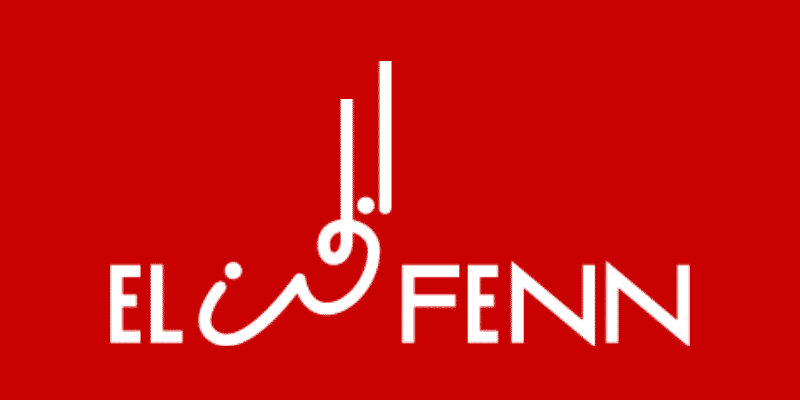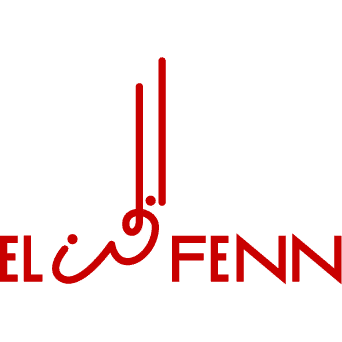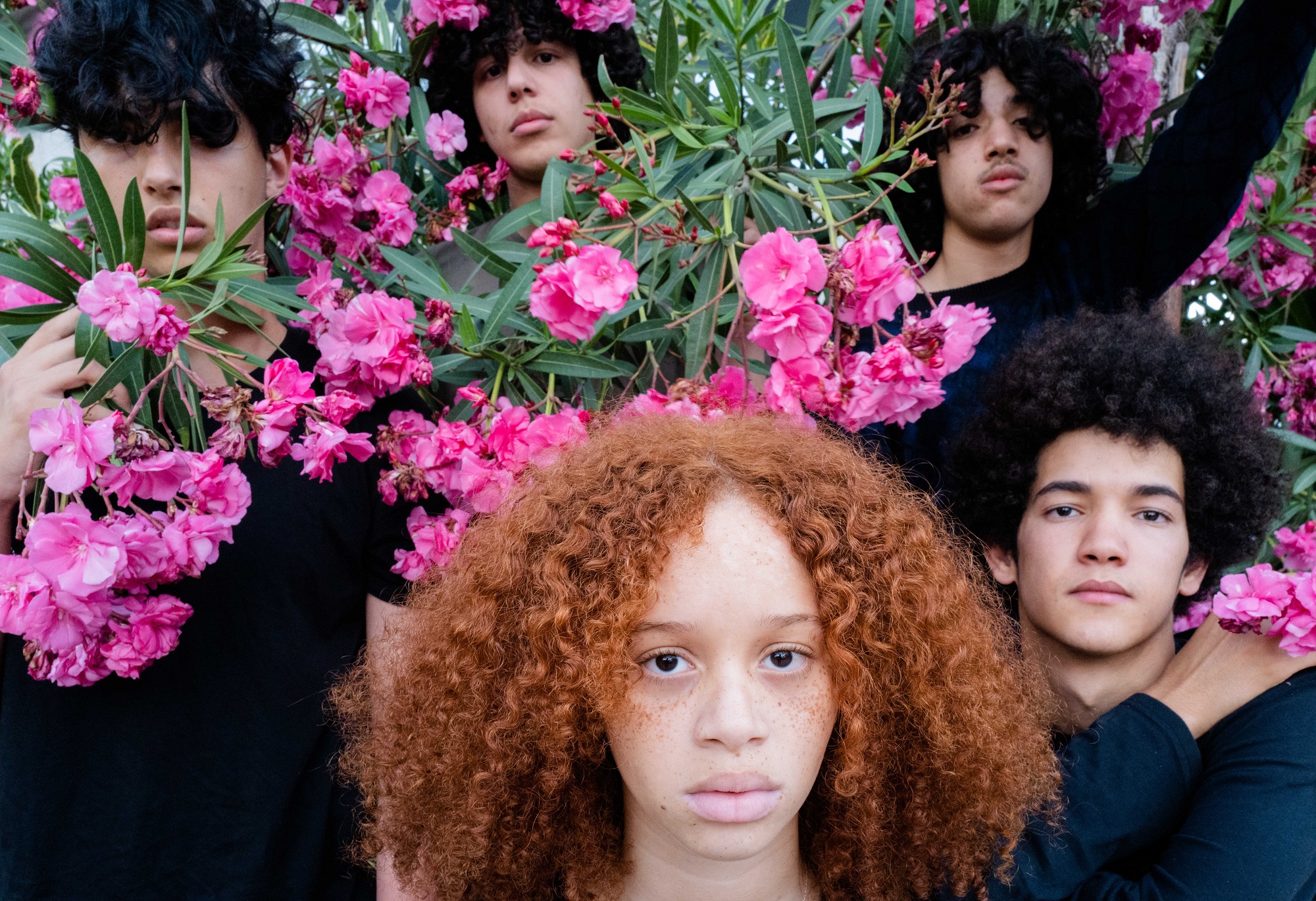
The Young Creatives of Morocco
Morocco is mint tea, djellabas and mosques right…? Think again. We meet the new generation using social media to tell their own stories about their culture – and document how it is changing.
THE FASHION INFLUENCER @style_beldi
Karim Chater, 26, has 182,000 Instagram followers and documents street life and vintage fashion. His work has been featured in Vogue.
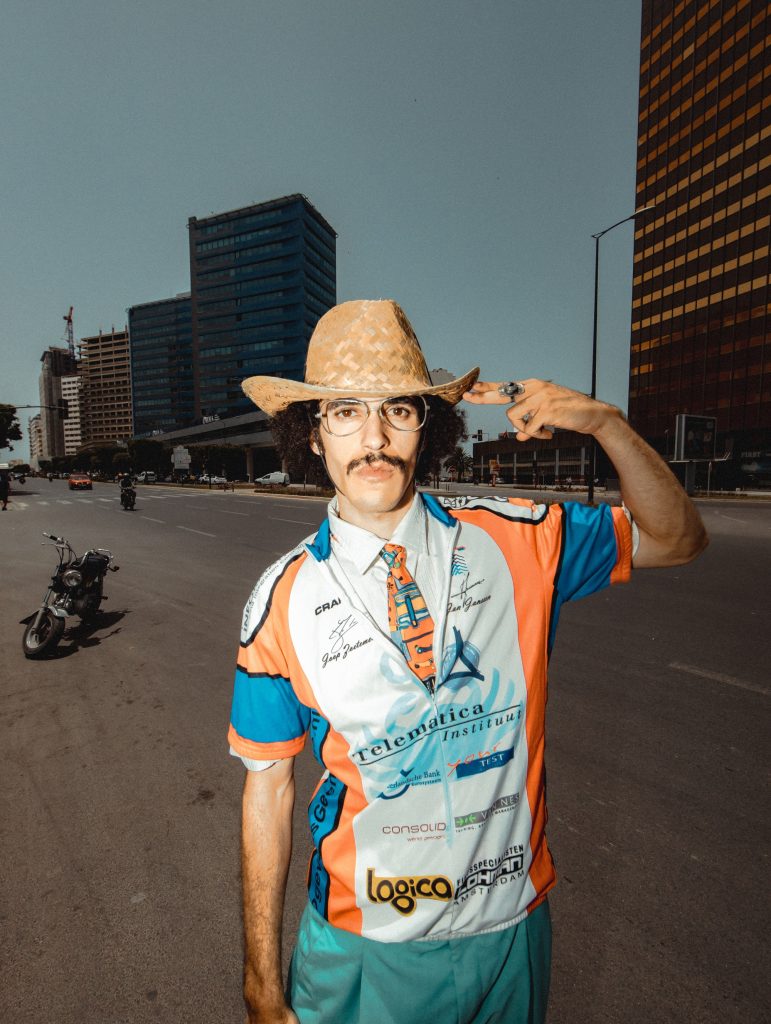
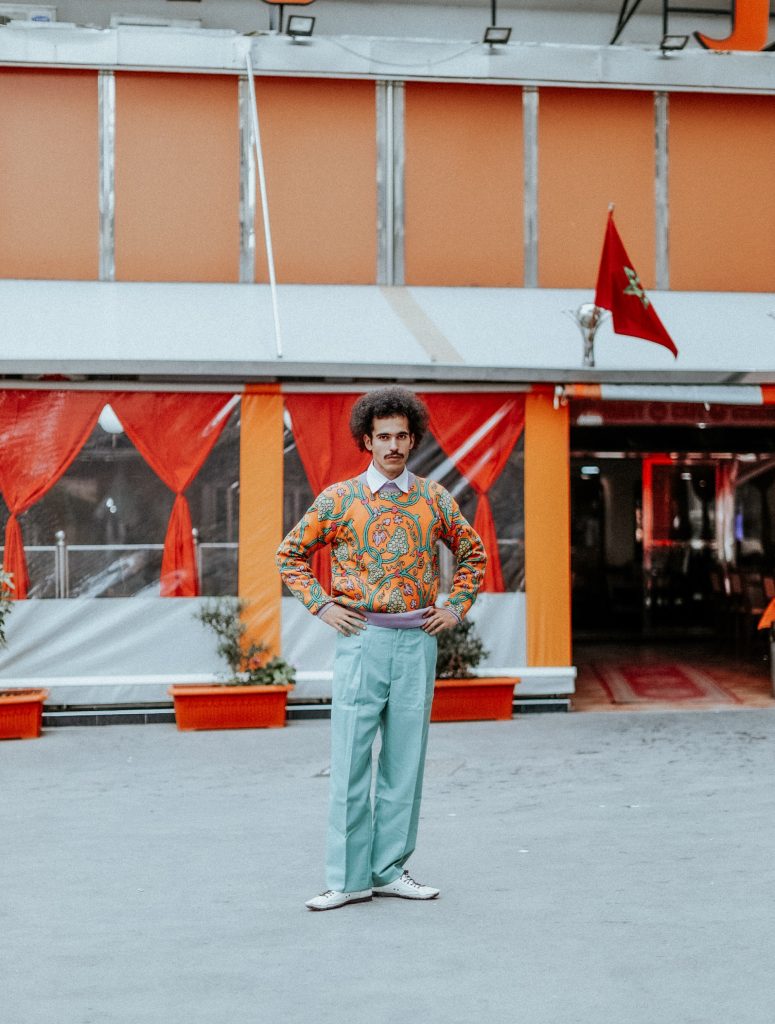
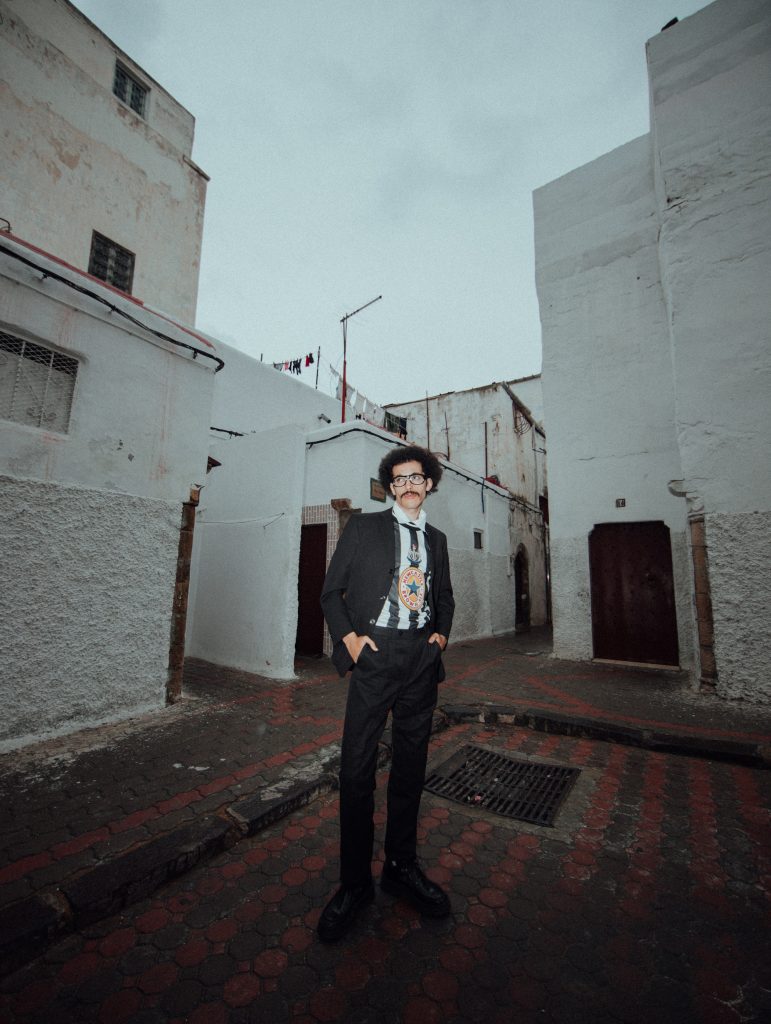
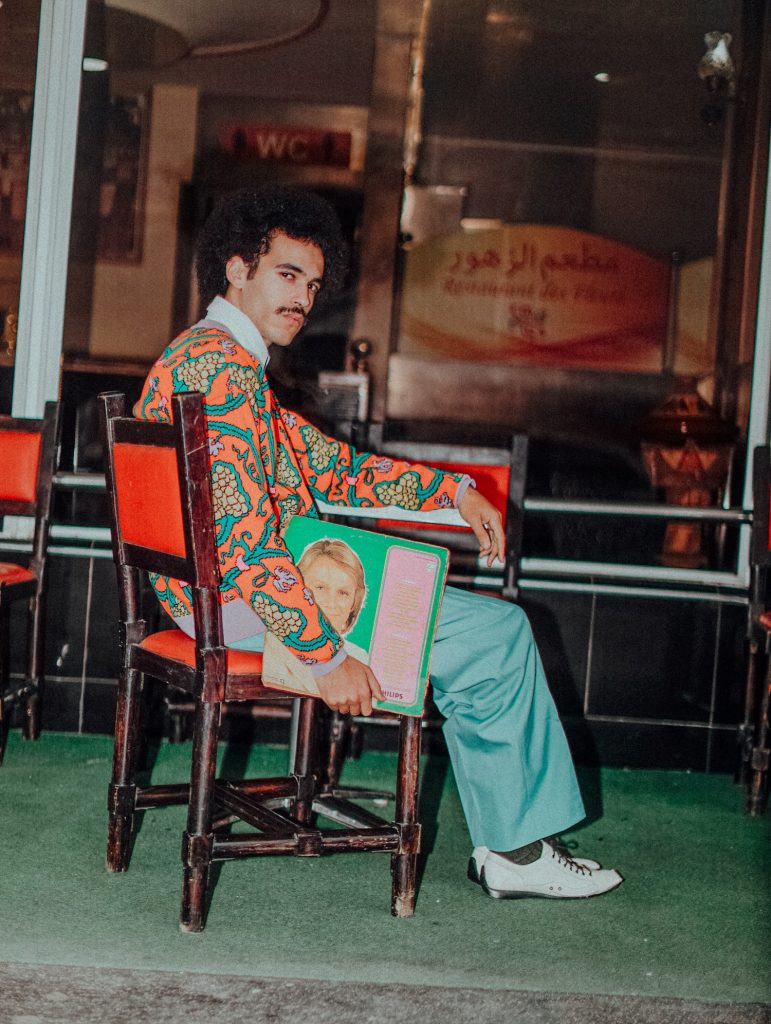
My photography is inspired by my dad’s old photo albums. Seeing the pictures, I came up with the idea of the look and feel of my account. It made sense to me in a moment: bring Seventies style back to life and revive the fashion culture that our parents used to live with in the present.
I grew up in Sidi Moumen. It’s a very poor suburb of Casablanca and is really important to my work. Whenever I stand on the roof of my house, look down and watch the people below, I think of the hard work they must do to survive, the motivation and determination the young have to change their circumstances and live a better life. It touches me and I translate those feelings into my work.
I launched Style Beldi in 2019 and the purpose behind my pictures is to inspire the new generation and allow them to understand that a picture is more than just that. It’s a story, a feeling and a source of inspiration. For me, Style Beldi isn’t just an Instagram account but a brand and a message. I come from a very poor neighbourhood but have still made it in the art scene. I want people from the same background to look at my story and also find the drive to follow their purpose. It’s like a snowball effect that I want to keep going.
THE CULTURAL HISTORIAN @yoriyas
Yassine Ismaili, 37, has worked as a photographer since 2015 and contributed to publications including The New York Times, Financial Times and National Geographic.
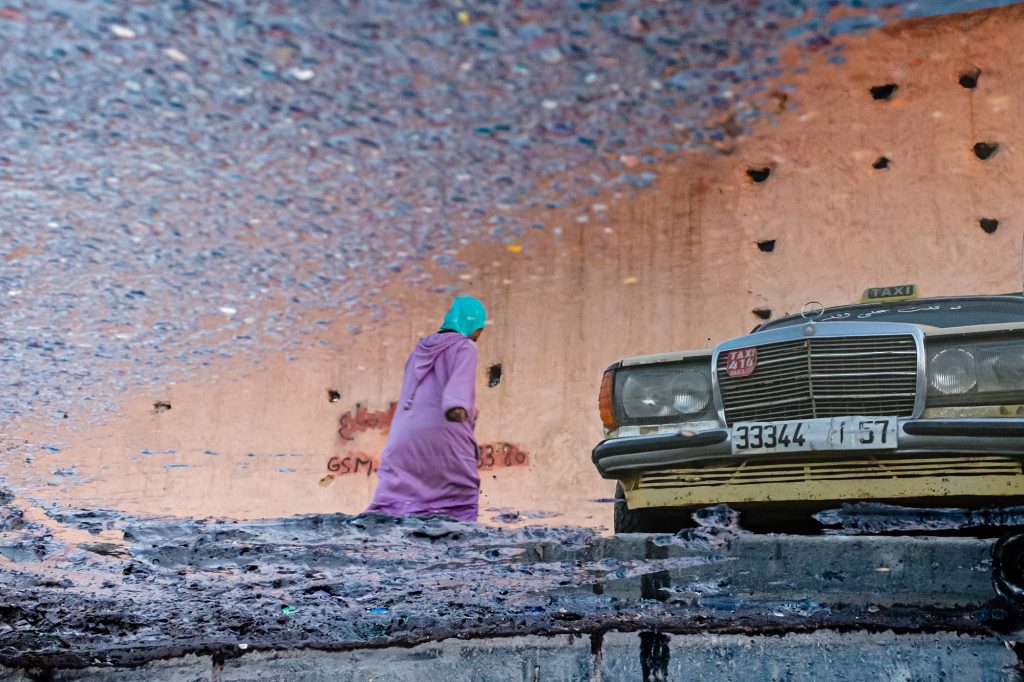

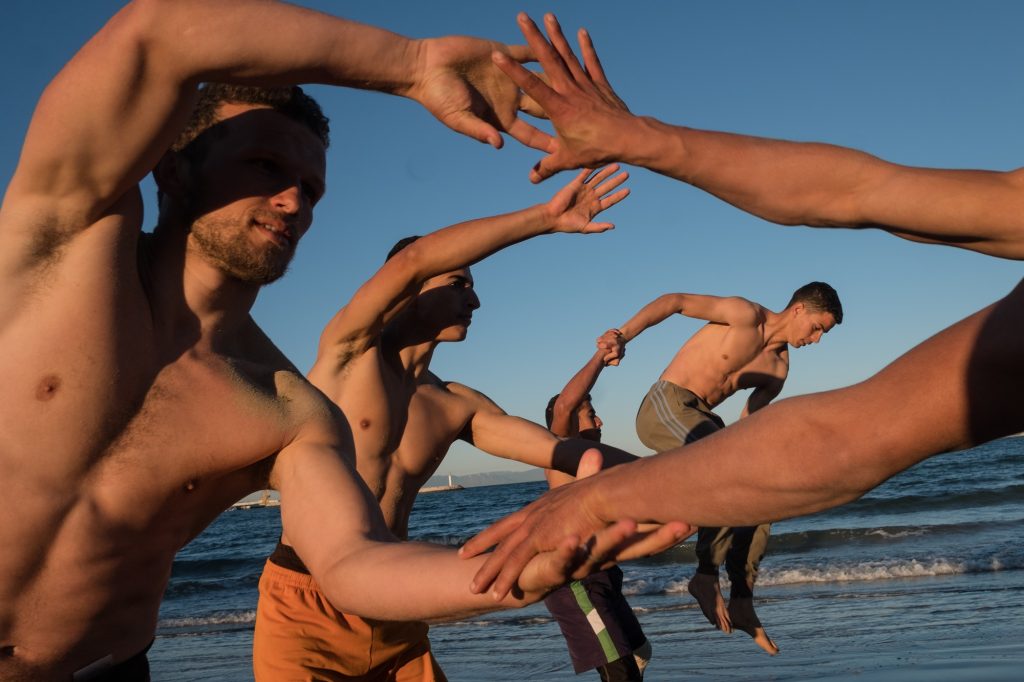
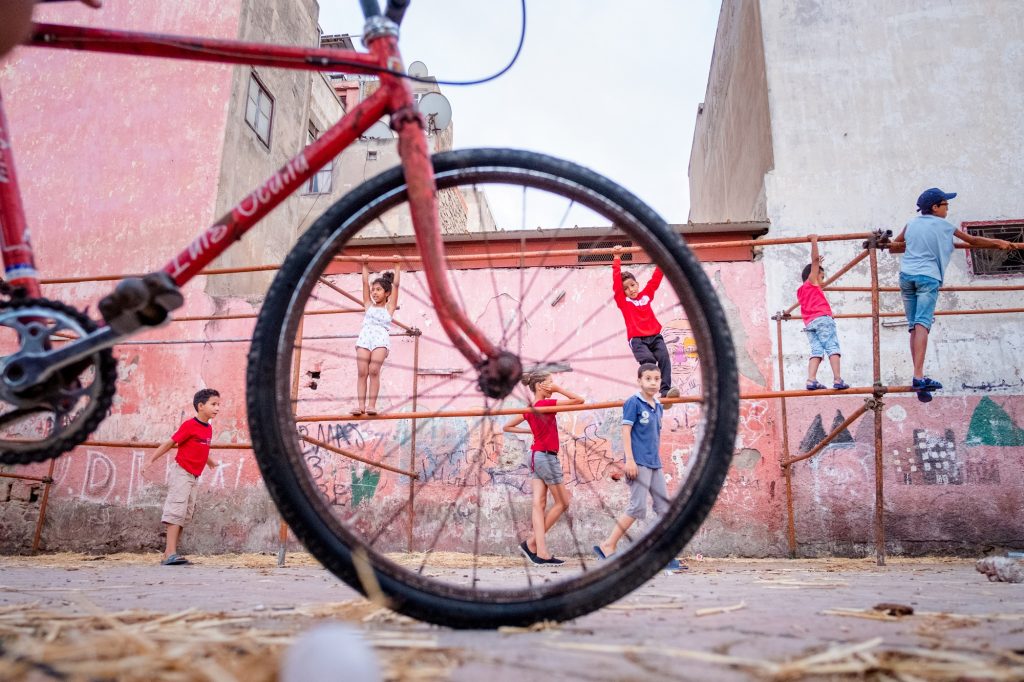
I fell in love with hip hop culture when I was studying mathematics and became a professional break dancer. Whenever we travelled internationally, I’d take photos of the city I was in to help me find my way back to my hotel from a venue. It was like a visual GPS. When I stopped dancing after getting injured, I started taking photos as something to do while I recovered. Within two years, I was working professionally as a photographer.
My style is inspired by the street because I come from a hip hop background and like to make my photography very human and dynamic. I also like to compose choreographically and see the people in my pictures as performers going on to the stage of my camera.
Our relationship with photography in Morocco is changing. We are a verbal culture, we’ve always told stories with voices and hands, we are not a culture of pictures or paintings. But now that’s changing with social media and there’s been a democratisation of creativity in recent years. Before, only wealthy Moroccans could produce films or visuals because the equipment was expensive. But now people from different backgrounds, who don’t go to film schools or have money, can get a phone and express themselves.
I think we’re living in a golden age of visual stories right now in Morocco. There’s a real energy about that here right now. And when people from abroad come to shoot here, they don’t know the culture as we do. I understand the cultural codes and so that’s all in how I shoot. It’s not just about the picture, it’s how you approach it that tells a different story.
THE LOCAL DOCUMENTARIAN @ridaseyes
A self-taught photographer, 25-year-old Rida Tabit was born and raised in Marrakech medina.



I grew up in the medina and started taking pictures as a way to capture my city. I don’t talk too much and was always interested in visual things so it really interested me when I realised that photography would allow me to speak without words.
I wasn’t interested in showing the stereotyped version of Morocco. I wanted to show another perspective and celebrate the people I grew up with. One project I’ve done recently is about youth unemployment because the people who graduated during the pandemic have been really affected by a lack of opportunities. Some have had to switch to jobs that aren’t related to what they studied, others are still trying to find work in their field of education. They are not angry and understand that Covid was a global event, but they have shown great resilience and I wanted to document that.
For me, my work is about showing the strength, resilience and joy of people in the medina. Morocco is changing, the traditions and the way we interact are changing, but in the medina people still live with the values and traditions of past generations. If I can freeze the moments that express that, I think it will be valuable to future generations. For me, photography is about capturing the history of the future.
